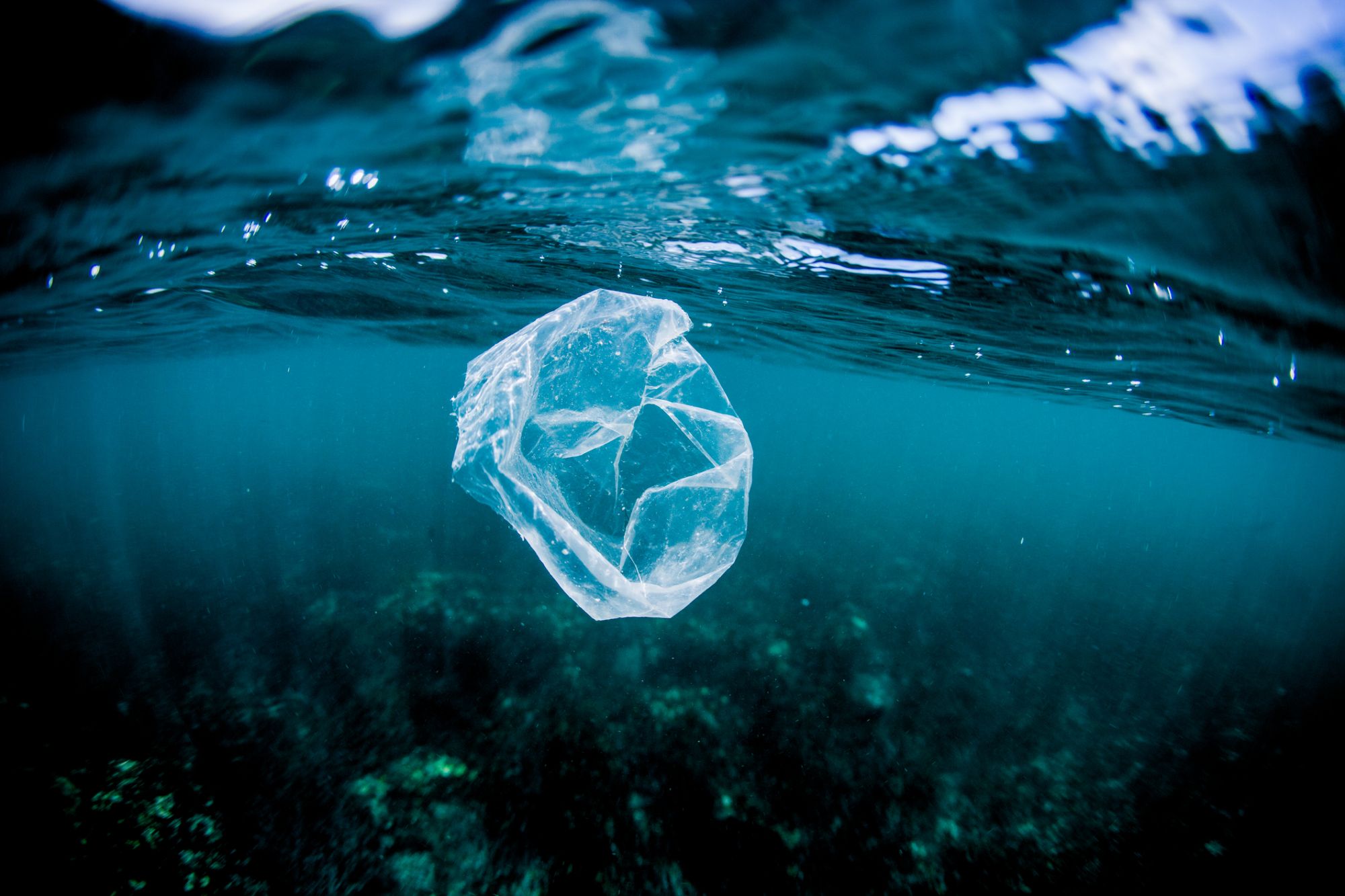Is Your CPG Company on the Right Side of History? Finding alternatives to plastic packaging choking the oceans is good marketing and you'll be proud of having done it.
Opinions expressed by Entrepreneur contributors are their own.

Because we successfully built a popular consumer packaged goods brand, now known the world over, we are often asked about packaging. Our audiences want to know, "What's the latest in packaging?" and, "What are the new trends?" After all, the "P" in CPG is "package."
In the 1967 movie, "The Graduate," a young man, recently graduated from college, is given advice from his dad's best friend, "I've got one word for you, Benjamin: Plastics." If we were giving advice to college grads today, we would add one more word, "alternatives," making the best advice we have to give, "plastic alternatives."
The market
According to the World Wildlife Fund, "world wildlife populations have fallen by 60 percent in just over four decades."
"In 1960, 5 percent of seabirds had plastics in their stomachs. Now that number is up to 90 percent," the report adds.
Wildlife is not just nice to have, it turns out to be essential for our health and the economy. According to Tanya Steele of the World Wildlife Fund, "We are the first generation to know we are destroying our planet, and the last generation that can do anything about it."
With more reports like this coming out weekly, YouTube videos graphically showing single use plastics in the stomachs of fish and seabirds, and a major uptick in social media on the subject, can CPG companies continue to whistle past the graveyard?
Related: How This Startup Reduces Plastic Waste With Spoons You Can Eat
Leadership, not "followship"
Before this begins to sound like some tree hugger's lament or gets classified as "political," let's explore the competitive advantage available to CPG companies that embrace biodegradable packaging and shun single-use plastics. This is really about getting out in front of a megatrend instead of being the last one on the boat or missing it altogether. CPG brands that advertise that they are not contributing to the collapse of the ecosystem with single-use plastics will have the advantage in an increasingly knowledgeable marketplace.
As younger consumers enter the marketplace, with longer lifetimes ahead of them, a larger percentage of the consumers will become impacted by environmental degradation. They will naturally favor brands with environmentally friendly packaging. They will vote with their purchases to stop the damage to their environment.
Related: This Craft Brewery Invented a Brilliant Edible 6-Pack Holder That Helps Sea Life
Real competition
Rather than just copying the competition that delivers products in single use plastics to get a short-term cost advantage, producers using alternative packaging can distinguish themselves with a halo effect that will create loyal advocates among the growing numbers of those concerned.
The Ellen MacArthur Foundation, in its 2016 report, warned that there will be more waste plastic in the sea than fish by 2050. Rather than ignoring the elephant in the room (the filling of the oceans with single use plastics), true CPG leaders have an opportunity to educate their customers and thereby attract more customers.
Why not be on the right side of history by leading the next big thing, "plastic alternatives?"
Related: A Small Business in Montana Just Won $1.5 Million for Ocean Health Technology
Risky business
When we started Barefoot Wines, we didn't have any money for advertising, so we supported causes important to us. Our early support for the League to Save Lake Tahoe with their "Keep Tahoe Blue" campaign was seen as very risky. At the time, they were viewed as radicals, bent on stopping the development of the lake, hurting jobs and stifling the economy.
But as time went on, it was the preservation of the blue lake that ultimately increased property values and boosted the economy! At first, our position was met with a boycott by developers and realtors, but our early support helped the educational program that changed people's minds and built us a solid customer base.
Again, we were early supporters of the Mono Lake Committee's "Save Mono Lake" movement. Once again, we were chided for taking "sides" on a "political" issue. But the lake was saved when the Los Angeles metro that depended on the water discovered efficient toilets.
In both cases we were on the right side of history. In both cases we dramatically improved our sales and gained loyal customers. Today, the early employers of plastics alternative packaging will be on the right side of history. They will distinguish themselves from their competition. And, hey, who couldn't use the extra sales? Take the high road … all the way to the bank!









